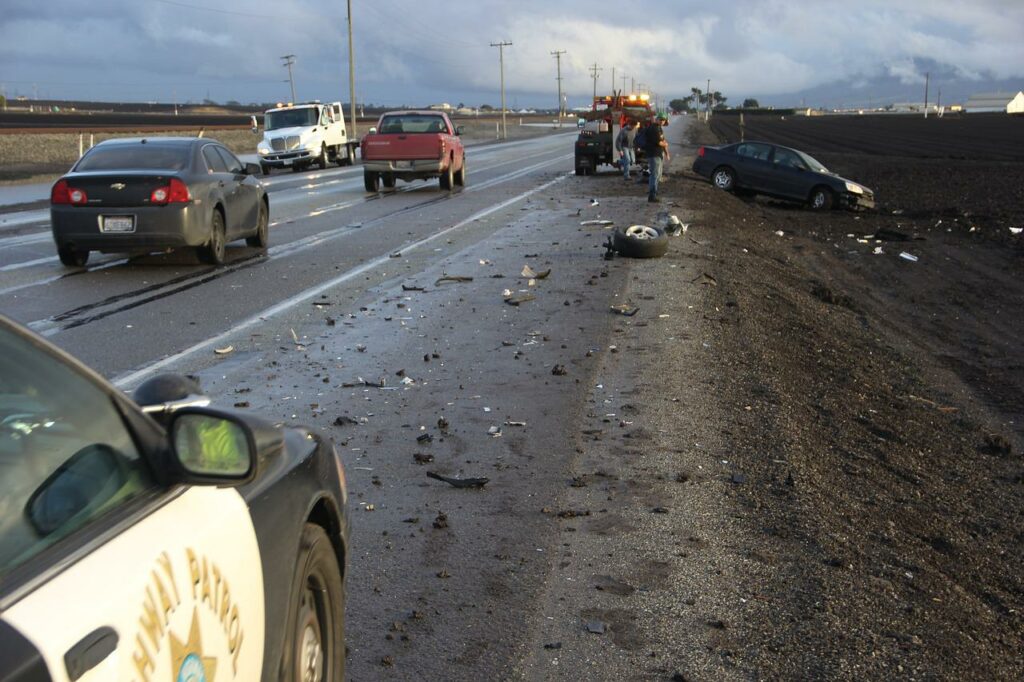Car accidents can be very scary and stressful, even for small fender benders. That’s really not the best time to try and figure out what you need to do to make sure you and your vehicle are taken care of. Here are the steps you need to take, regardless of the amount of damage, to make sure you are protected in the event of a car accident.
If operable, move your vehicle to a safe location
Safety first! Not all, but many car accidents occur in the middle of the street or highway. If possible, before anything else, make sure to move your vehicle to a safe location out of the way of traffic. Moving to a safe location allows you and any other vehicle operators to safely exit your vehicles to assess the damage without risk of further injury or accidents.
Call the Police
If your involved in an accident with another driver, or a person driving a vehicle crashes into your property CALL THE POLICE!!! The importance of calling the police can’t be stressed enough! Regardless of the amount of damage, or the location of the accident, or any other factors, the first thing you need to do once you’re in a safe location is call the police.
The police will arrive and they will take a statement from everyone involved. If multiple vehicles are involved, the police typically gather contact and insurance information from all drivers to include on the police report. Even if you know you were not at-fault, they will likely still take your insurance information to list in the report.
Its important to note that the police don’t actually determine fault when it comes to auto accidents. They simply gather the information from those involved and put it in their report. The insurance companies are actually the ones that determine fault. That being said, if you receive a ticket/traffic violation from the police at the time of the accident, its a good bet you were at likely at fault. For example, the officer wrote you a ticket because you ran a red light, which then led to the accident.
Do I call my insurance agent after an accident?
The answer to this is depends on your answers to a few questions.
- What state did the accident occur in?
- Were you or the other driver at-fault?
- Is your Agent captive or independent?
What state did the accident occur in?
The location of the accident makes a difference because different states have different rules on who will pay for injures or damaged property. These fall into 2 categories…At-Fault and No-Fault.
As of this article there are currently 12 true no-fault states.
- Florida
- Hawaii
- Kansas
- Kentucky
- Massachusetts
- Michigan
- Minnesota
- New Jersey
- New York
- North Dakota
- Pennsylvania
- Utah
If the accident occurred in any of these states, you’ll want to go ahead and contact your agent or carrier. In these states, it doesn’t matter who caused the accident. Each person carriers insurance for their property and medical coverage and their own insurance will pay for the damage.
In an At-Fault state, the party that’s deemed “at-fault” pays for all the damage they caused. In this type of state, if you know you were not at fault (rear-ended for example is typically the fault of the rear vehicle for following too closely) then its best to call their insurance company and start the claim process. In most cases you want to keep your insurance company from finding out about it and opening a claim so it doesn’t show up on your C.L.U.E. (Comprehensive Loss Underwriting Exchange) report. The claim should ideally only show on the at-fault drivers report.
In the event you’re unable to make progress with the other drivers insurance, you can always then call your insurance company so they can get you taken care of. When this happens, they often go ahead and get your damage repaired and then try to subrogate the loss back from the other carrier. Subrogation is a bit of a negotiation between the carriers and your company is unlikely to get all of the money they paid out refunded back. When insurance companies have high losses, rate increases tend to follow. This is another reason why it’s typically best to let the other carrier pay for the damages instead of your own company.
Were you or the other driver at fault?
Part of this question was address in the two prior paragraphs, however we didn’t touch on if you were the at-fault party. If you have damage to your vehicle that needs to be repaired and would exceed your deductible, then go ahead and call your insurance agent or company to get the claim started.
If you don’t have any damage or its too small to file a claim for, then there’s really no reason for you to call your agent or company. If the other party has damages, they will likely call your company to file the claim at which point your company will contact you to confirm the details they provided.
Do you have a captive or independent agent?
If you’re agent is “Independent” (Auto Owners, Erie, Travelers, Safeco, etc.), then that means they can write for a lot of different carriers and aren’t beholden to a single one. In this case, most independent agents are able to guide you on the claim process and even advise you as to whether or not a claim should be filed.
If your agent is “Captive”, they typically have no option but to file a claim if you contact them asking about whether or not it should be filed.
Whether or not you contact your agent is ultimately up to you, but there can be unintended consequences to what can appear on the surface as a benign conversation. For example, if you’re determined to be the not-at-fault party, an insurance company can’t surcharge your policy for an accident. However, there are some carriers that offer “Claim Free Discounts” for never having a claim. This discount could be lost, never to be regained, if a claim is filed on your behalf, regardless if your carrier pays money out or not.

